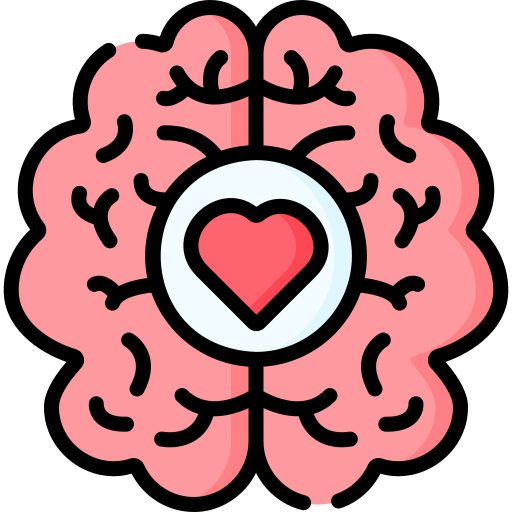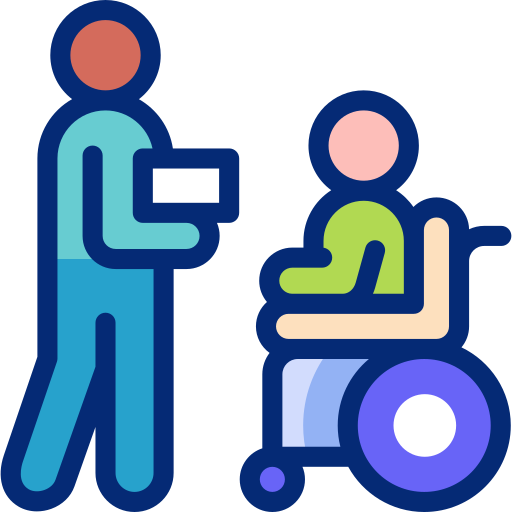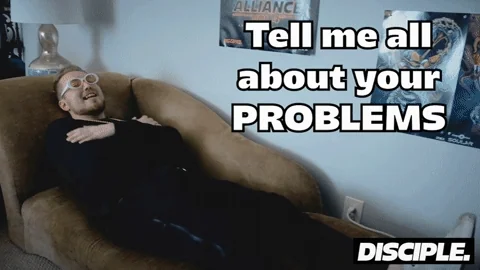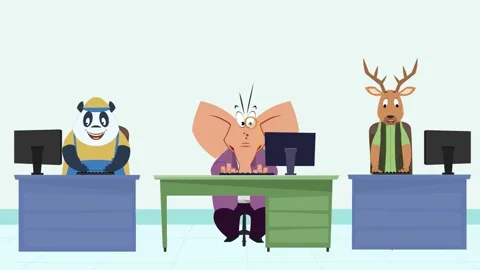Why do people react differently to the same situation? Some laugh, others get upset.
What’s going on there?

Behavioral psychologists study these reactions to help people understand and manage their behavior.
If you're curious about why people act the way they do, this field could be for you!
Career Options for Behavioral Psychologists
Your passion for studying human behavior could lead you to these cool jobs:

Clinical psychologist: Help people with mental health concerns like anxiety or depression.

School psychologist: Work in schools to help students with learning or emotional challenges.

Forensic psychologist: Study criminal behavior and help police understand why crimes happen.

Industrial-organizational psychologist: Help companies create a better work environment for employees.

Behavioral therapist: Work with kids and adults to help them develop better social and emotional skills.

Rehabilitation psychologist: Help people recover from physical or mental challenges.
Pop Quiz: School Psychologist

Look at the following job duties:
A. Helping students with academic and emotional struggles
B. Administering IQ and personality tests to children
C. Supervising extracurricular activities for students
D. Developing fitness programs for students
Quiz
If someone wants to work as a school psychologist, which of the above tasks are likely part of their job? Select all that apply:
Top Skills for Behavioral Psychologists
To be a great behavioral psychologist, you should be good at:
Good communication: Trust is built through listening and open conversation.
Empathy & kindness: Caring makes people feel safe and supported, especially in tough situations like addiction.
Attention to detail: Spotting patterns helps find the best way to help.
Problem-solving: Identifying the cause and finding solutions helps people improve.
Patience: Change takes time. A calm, steady presence helps clients open up.

What Educational Qualifications Are Needed?

Becoming a behavioral psychologist takes time, but it's worth it if you're passionate about helping people:
Clinical psychologist: A Ph.D. or Psy.D. in psychology (8-12 years), including coursework, research, and supervised clinical training.
School psychologist: A master’s or specialist degree (2-3 years) plus supervised experience.
Forensic psychologist: A Ph.D. or Psy.D. (8-12 years), with specialized criminal behavior training.
Industrial-organizational psychologist: A Ph.D. (8-12 years) with research and applied training.
Behavioral therapist: A master’s degree (2-3 years) plus clinical training.
Rehabilitation psychologist: A Ph.D. or Psy.D. (8-12 years) with rehabilitation training.
Not Sure about Getting a Ph.D. or a Master’s?

If you're into behavioral psychology but not the typical behavioral psychologist's path, no problem! Plenty of careers let you use your human behavior skills. Here are some great alternatives:
Human resources specialist: Use your knowledge of behavior to help with training and improve workplace culture.
Data scientist: Analyze data to help companies make better decisions.
User experience (UX) researcher: Study how people use products to improve design and usability.
Marketing researcher: Use your understanding of consumer behavior to help businesses market better.
Social worker: Provide support, counseling, and resources to help people improve their well-being.
Psychology teacher: Teach psychology to students and inspire the next generation.
Take Action
 Now that you’ve explored the various career paths for behavioral psychologists, it’s time to take the next step in your journey.
Now that you’ve explored the various career paths for behavioral psychologists, it’s time to take the next step in your journey.
Your feedback matters to us.
This Byte helped me better understand the topic.
